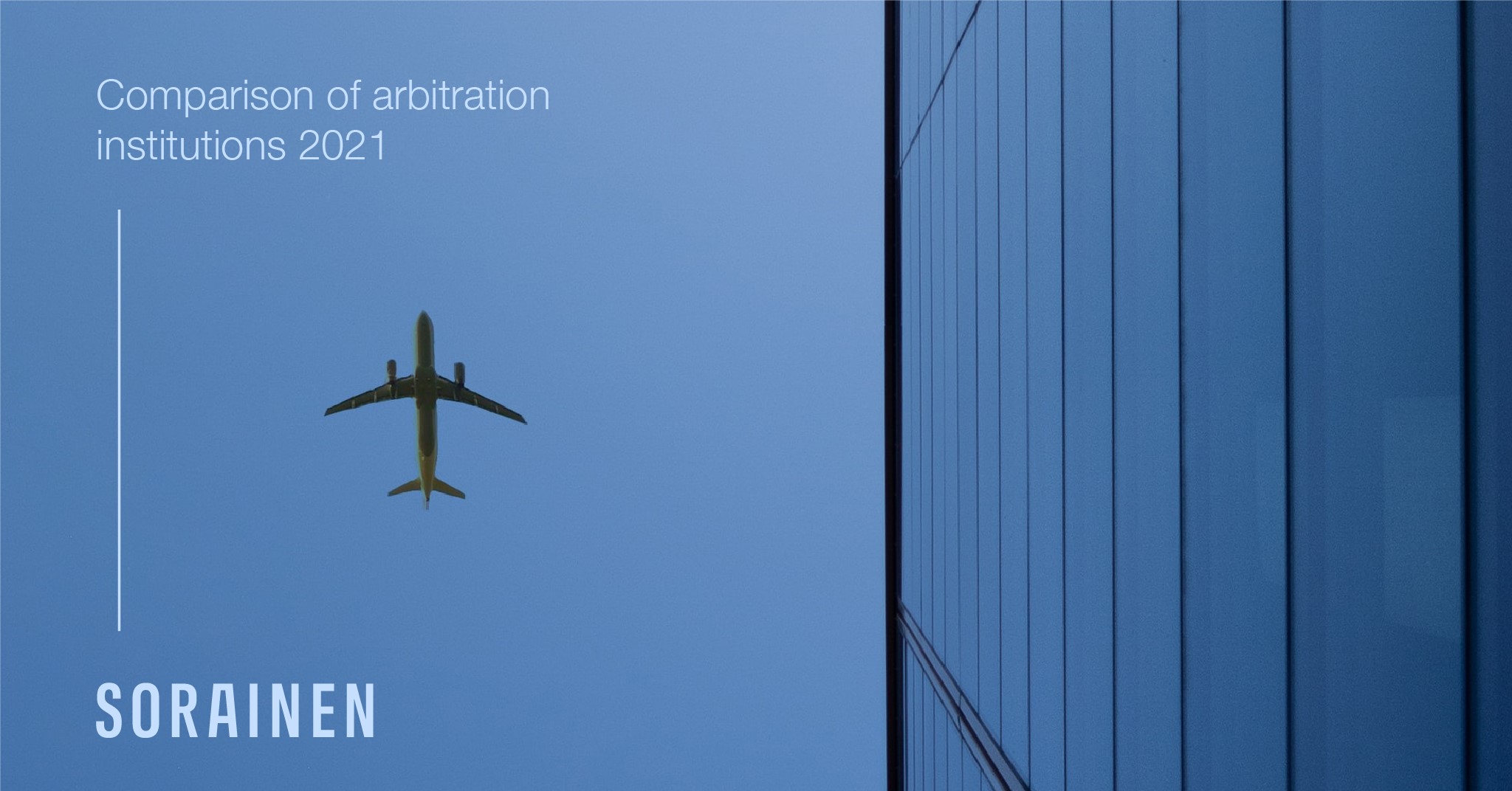For business, dispute resolution is an unnecessary cost that must be avoided as much as possible. Experience shows that parties rarely pay much attention to the dispute resolution mechanisms in their contracts. Because of this, referring to the dispute resolution provision in a contract as the “midnight clause” or as the “champagne clause” makes perfect sense.
Indeed, considering a potential failure of cooperation when it has just begun does not seem like a good start to a new friendship. However, life shows that disputes are inevitable and that someone will always have a better starting position, and therefore, dispute resolution proceedings must be planned carefully. The more significant the transaction, the more thoroughly the dispute resolution mechanism must be considered. However, agreeing on the manner and venue for dispute resolution may require significant time and effort during the negotiations – especially with large cross-border deals. So our clients often ask us: should we choose arbitration rather than state courts? And if so, which arbitration institution do you recommend?
We offer this practical comparison between the most popular arbitration institutions selected by our clients from the Baltic region (Estonia, Latvia, Lithuania, Belarus). In the guide, we have described the benefits and the disadvantages of the different arbitration institutions, the costs, the availability of expedited proceedings, interim (provisional) measures, and timelines for rendering awards. In other words, the factors that we, as your trusted advisors, consider before recommending you a venue for efficient resolution of your dispute.
This practical guide is not legal advice. It simply cannot be, as there is no “one size fits all” solution to these questions. We hope that this material will guide you in making reasoned decisions with respect to the dispute resolution mechanisms for your transactions. And for legal advice on international arbitration, please do not hesitate to contact us.



